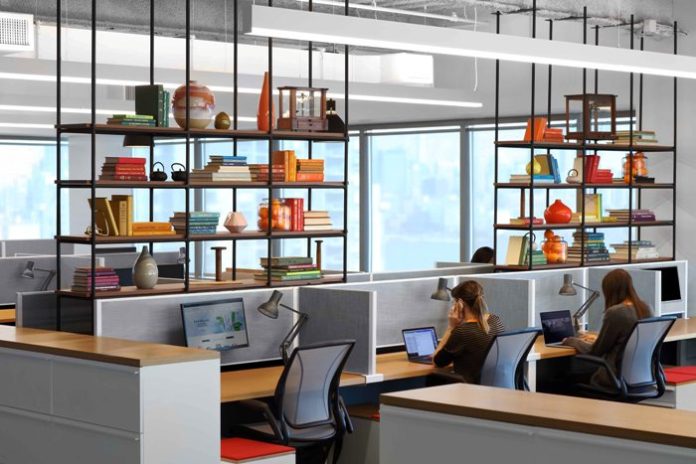By Alastair Stubbs, Country Manager India, Humanscale
New Delhi, June 23, 2020: India is now in the ‘Unlock’ phase after going thro four consecutive periods of lockdowns that were announced by the Government of India to contain the Pandemic. The ‘Unlock’ phase focuses on reopening of economic activities and commercial offices and establishments have slowly started opening up after more than two months of complete or partial closure.
As offices open up, employees who have been hitherto working from home, have slowly started returning to work in a phased manner. Most of them would be thrilled and looking forward to the prospect of returning to work. Conversations are more effective in person, people are more active, and a lack of a ergonomic workstation at home are all motivating factors for a return to the office. It is becoming obvious for many, our homes weren’t meant to be a workplace, and that home should be home and office should be office.
In this scenario, the health and safety of the employees should be management’s no 1 priority as it strategizes ways and means to bring operations back to some semblance of normal. This is a critical area of concern and from a economic perspective, safeguarding employees’ well-being is paramount because no plan to resume normal operations can succeed without them.
Employees are counting on their Employers to help them get back to work safely. While a lot of new protocols in different areas would need to be introduced the critical element would be the physical workplace and the changes and the redesigning that would need to be done keeping in mind the new normal like social distancing etc
COVID-19 has forever changed the workplace. In the coming weeks and months, we’ll be challenged to rethink how we behave, utilize and design traditional workspaces. Knowing this is an evolving situation, here is our best guess as to what’s to come and how we can properly prepare for a safer workplace:
It’s safe to say the open office approach will no longer work. For most companies, though, a complete redesign won’t be realistic. Instead, we would recommend several modifications and safety measures that can transform an open office into a safer, healthier work environment.
For saturated desk areas, separation panels can help reduce airflow across individual workstations. Hot-desking may go away entirely in the short-term in favor of every employee having a dedicated space to avoid cross contamination.
For office seating, it will be important to choose chairs that don’t accumulate dust and are easy to clean. If the textile is porous, it will likely release a cloud of dust, which could hold bacteria and viruses. Select non-porous, wipeable upholstery that is anti-microbial.
Generally speaking, a mesh chair is better than an upholstered chair with a porous covering, but not as good as a chair with a non-porous, wipeable covering. In general, non-porous covering are the most easy to clean surfaces.
When it comes to behaviors in the workplace, it will be important to encourage employees to adopt healthy practices. For instance, to help preserve social distancing, figure out the most effective routes around the physical workplaces and have one direction for people to walk in. You can use visual cues and signage to promote social distancing. It may be wise to have a policy where people should wear masks in communal areas like the kitchen or bathroom, or when visiting other areas of the office. Since communal spaces have the greatest potential for spreading germs, think about placing hand sanitizer, wipes or wash stations throughout the office, especially near high-touch areas.
For individual workspaces, it will be important to empower employees to keep their individual spaces and work equipment (personal keyboard and mouse) clean.
To reduce overall density, consider putting a cap on occupancy to ensure proper distancing and then gradually increase the occupancy rate when appropriate.
No matter what the future holds, it will become paramount that employees are provided with safe and healthy solutions while working at the office.
Corporate Comm India(CCI Newswire)




























